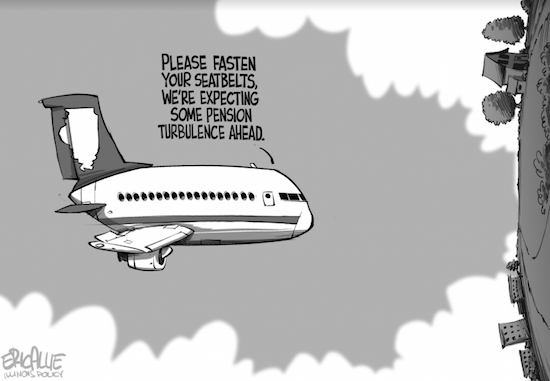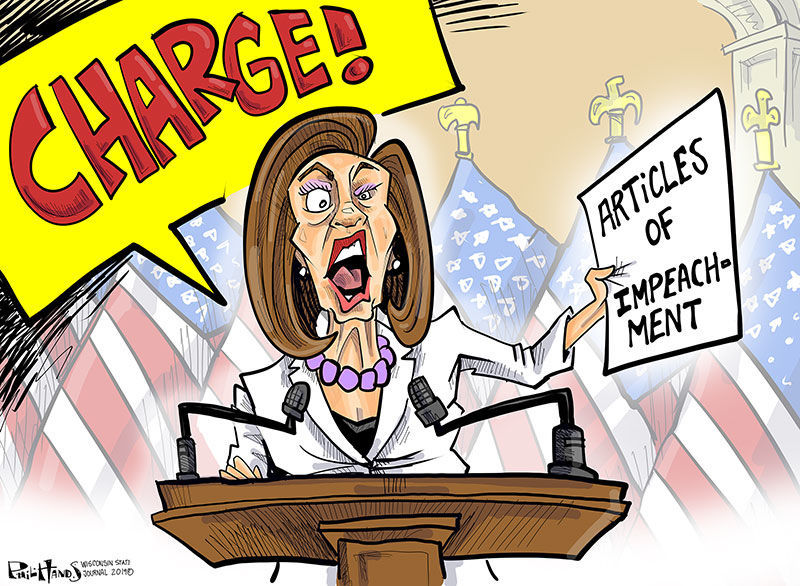
"The greatest danger for Black men in America is not a police officer, not somebody in a blue uniform, by any stretch of the imagination -- it doesn't even compare. The greatest danger for a Black man in America today is another Black man," said E.W Bishop, an African American minister and lawyer who identifies as a conservative, on his podcast in October 2019.
In his essay, "Challenges for Black People," economics professor Walter E. Williams, who is affiliated with George Mason University, also referenced "Black-on-Black crime," writing, "Black people need to have frank conversations among ourselves, no matter how uncomfortable and embarrassing the topics may be." Williams even suggests that Black people should patrol their own neighborhoods armed, and "ignore the liberal agenda."
And firebrand Milwaukee County Sheriff David Clarke told Fox News that Black people should be most afraid of "being on the street in any American ghetto where the Black-on-Black crime is a bigger threat and bigger problem in the community then the police use-of-force."
A look at the biographies of some of America's most prominent Black conservatives seems to show them typically to be older people. Historian and professor of history, race and public policy at Harvard Kennedy School, Khalil Gibran Muhammad said there is definitely a generational difference between Black people who use the phrase and ones who criticize it.
"Black people can also articulate racist ideas, and in the Trump era a lot more of them are," he said of some of those who self-identify as Black conservatives.
However, older Black people who use the term "Black-on-Black" crime are not necessarily conservative, he said.








